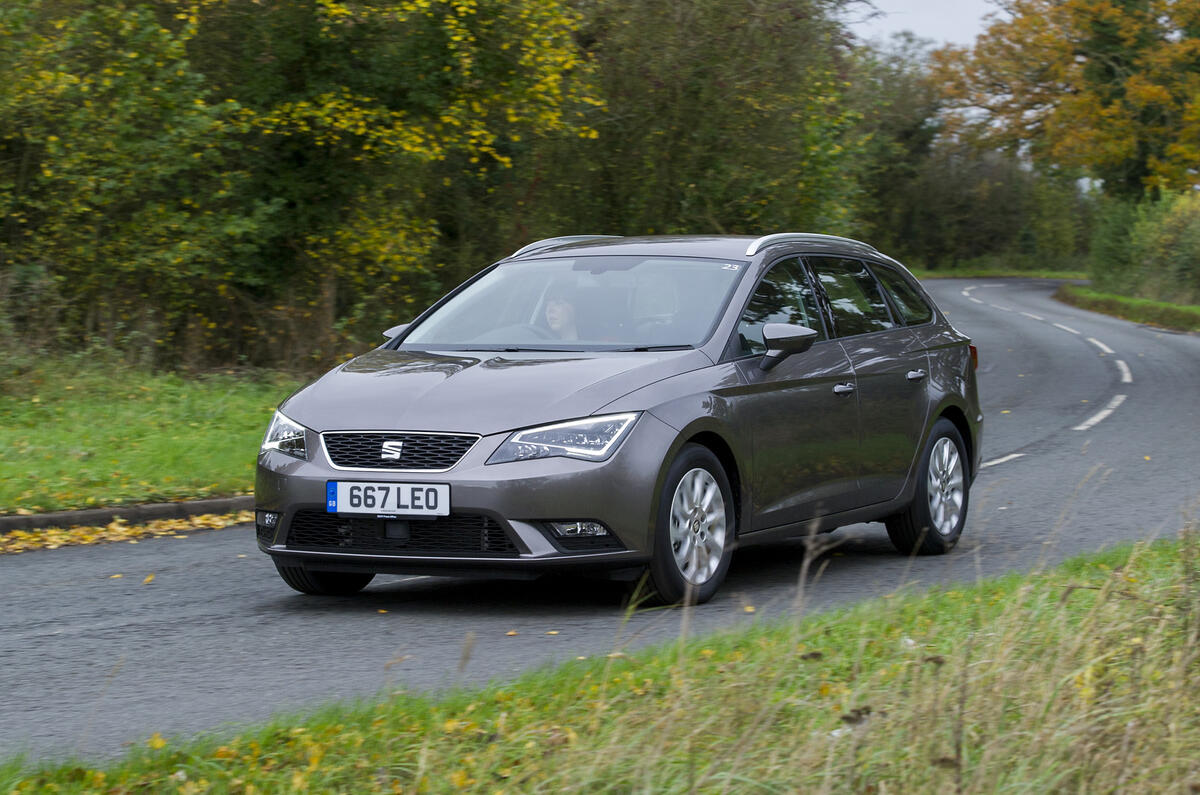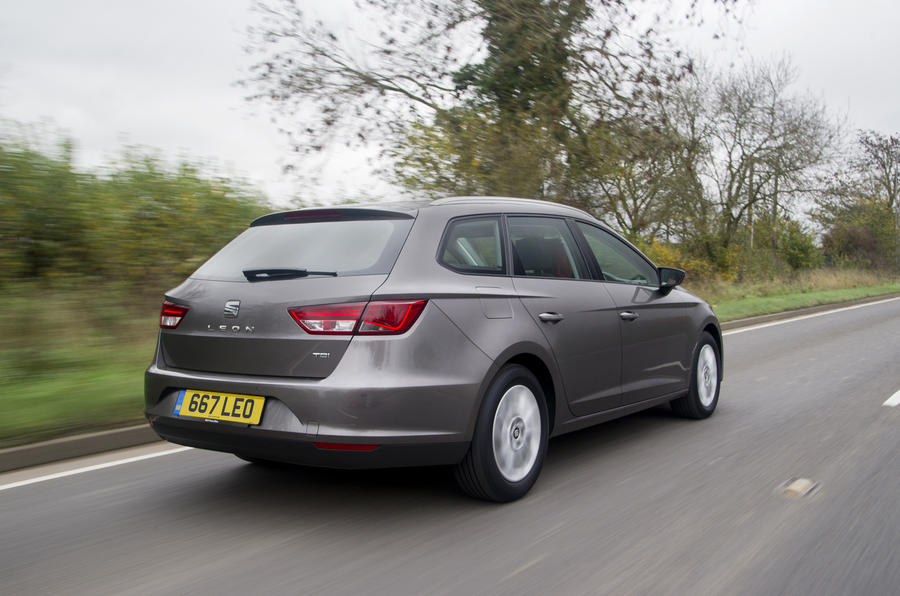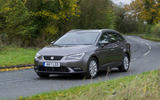The Seat Leon ST, a compact estate, is the most practical addition to the growing Seat Leon lineup. However, some will argue the rugged, somewhat go anywhere Seat Leon X-Perience is the better option. Nonetheless both Seat Leon's underneath.
Seat’s award-garlanded and briskly selling Leon is the lynchpin of the Spanish brand’s range, which doesn’t contain a huge number of models but does offer increasing variations on them.
You can buy a Seat Ibiza three-door, a five-door and a Seat Ibiza estate, and the Seat Leon has been multiplying along the same lines with the recent arrival of the three-door Seat Leon SC hatch and now this Seat Leon Sports Tourer estate.
The ST rides on the same wheelbase as the five-door hatch but carries 27cm of extra length aft of the rear axle, boosting its seats-up load space to 587 litres.
Fell the backrests, and that rises to 1470 litres, easily topping the hatch’s volume as well as the space offered by the recently deleted Audi A4-based Seat Exeo ST. So it’s commodious, and convenient too.
The backrests spring forwards when you tug their release levers, and although the seat cushion doesn’t fold to provide a protective bulkhead, the floor is relatively flat. You can also tip the front passenger’s seat’s backrest forward for long loads and the boot is usefully flat-sided space.



































